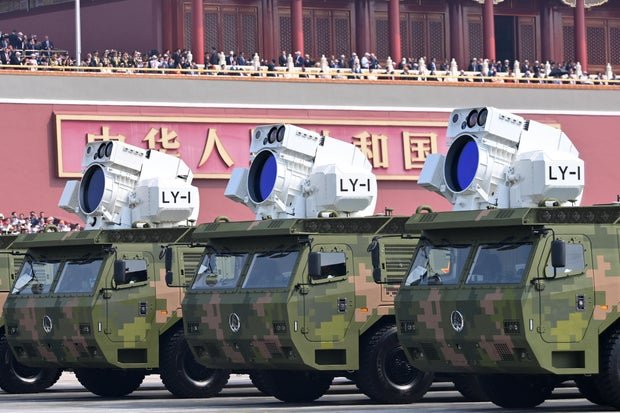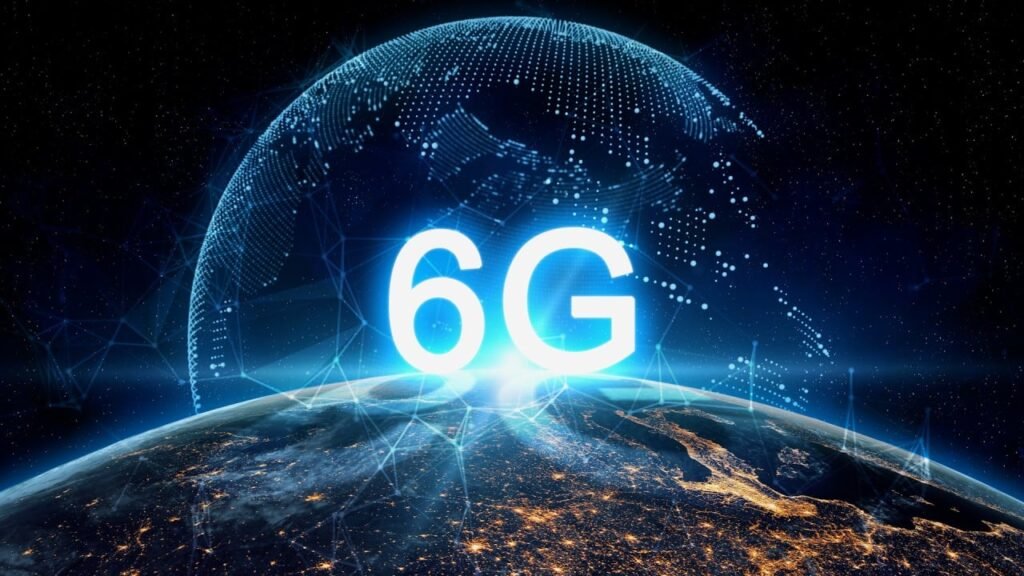This Jan. 16 story has been corrected to show that it is Apple’s worst performance in China for smartphone sales since 2016, not Apple’s worst smartphone sales performance in China since 2016, in paragraphs 2, 5)

Apple was dethroned as China’s biggest smartphone seller in 2024, with local rivals Vivo and Huawei overtaking the iPhone maker after its annual shipments in the country declined 17%, data from research firm Canalys showed on Thursday.
It was Apple’s largest annual smartphone sales decline in China since 2016 and involved contraction in all four quarters, including a 25% drop in the final quarter, according to the data.
Also read: Apple disables AI news summary feature after a month of it getting facts wrong: Report
For the full year, budget smartphone maker Vivo captured a 17% market share in China, followed by premium rival Huawei with 16% and Apple with 15%, demonstrating the growing sales pressure it faces from domestic manufacturers in one of its biggest global markets.
The decline also points to how factors such as the absence of artificial intelligence capabilities in the latest iPhones sold in China, where ChatGPT is not available, are eating into Apple’s competitiveness.
“This marks one of Apple’s worst annual performance in China,” Canalys analyst Toby Zhu said.
“Apple’s premium market position faces multiple challenges: Huawei’s continuous flagship releases, the proliferation of domestic foldable phones in high-price segments, and Android brands like Xiaomi and Vivo building consumer loyalty through technological innovations,” he said.
Apple had previously enjoyed four years of consistent growth following U.S. sanctions that placed Huawei on an entity list in 2019, restricting its access to American technology.
But Huawei has made a strong comeback to the premium segment since August 2023, when it launched new phones with locally-made chipsets. The Chinese company posted a 24% rise in shipments in the fourth quarter.
Apple did not immediately respond to a request for comment.
The iPhone maker has turned to rare discounts to stimulate sales. The company launched a four-day promotion in China from Jan. 4-7, offering price cuts of up to 500 yuan ($68.50) on its iPhone 16 models through its official channels.
Major Chinese e-commerce platforms have followed suit with their own promotions. Alibaba’s Tmall marketplace announced discounts of up to 1,000 yuan ($137) on the latest iPhone 16 series devices.
Also read: Apple Store app launch in India is a precursor to substantial retail expansion
Among the top five vendors, mostly budget-focused Xiaomi posted the strongest growth with a 29% increase in fourth-quarter shipments, while Oppo and Vivo recorded gains of 18% and 14% respectively, according to the Canalys data.
Annual shipments of smartphones in China in 2024 increased 4% year-on-year to 285 million units.








